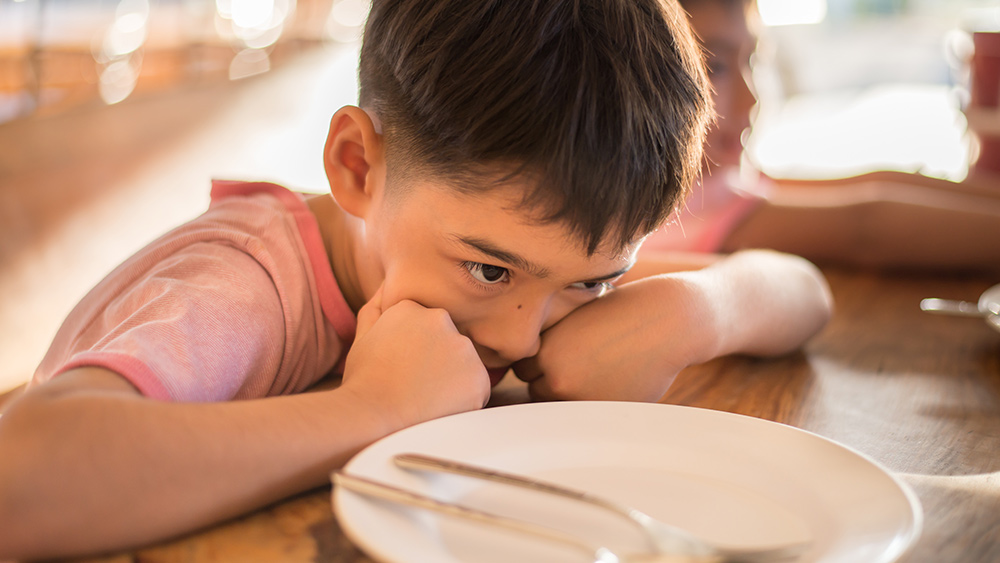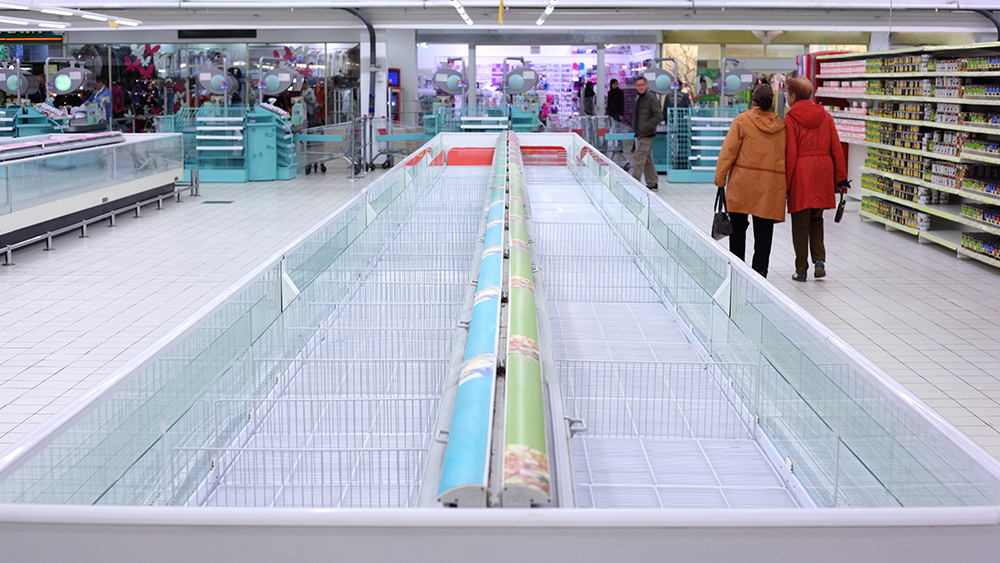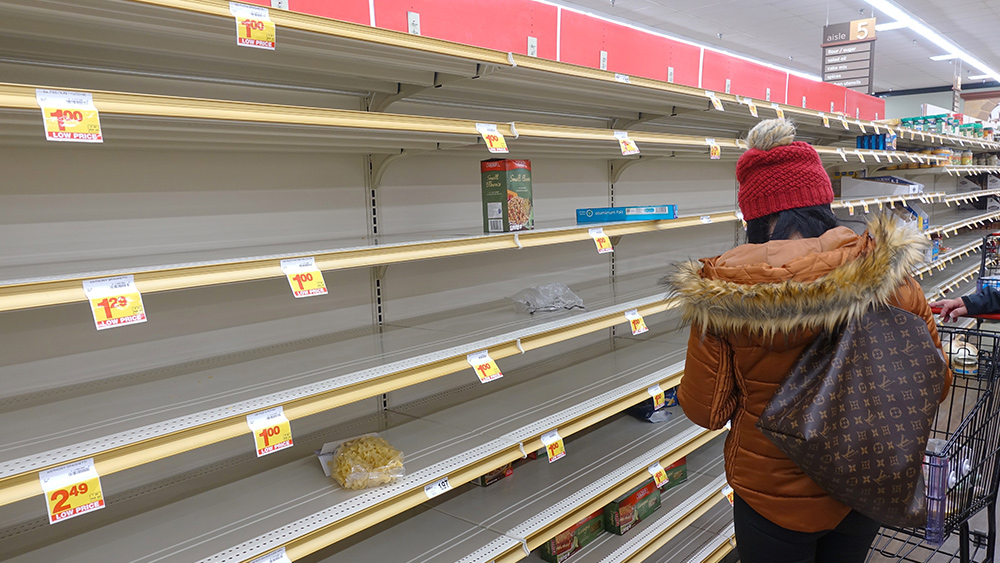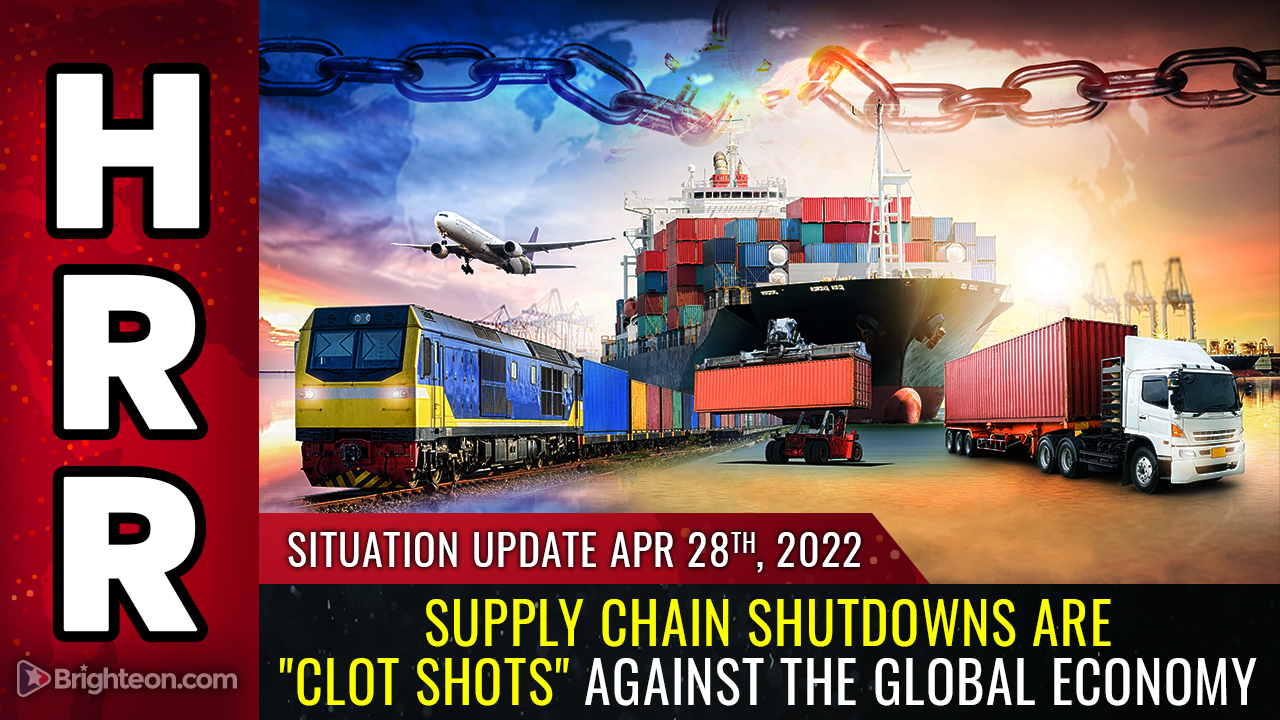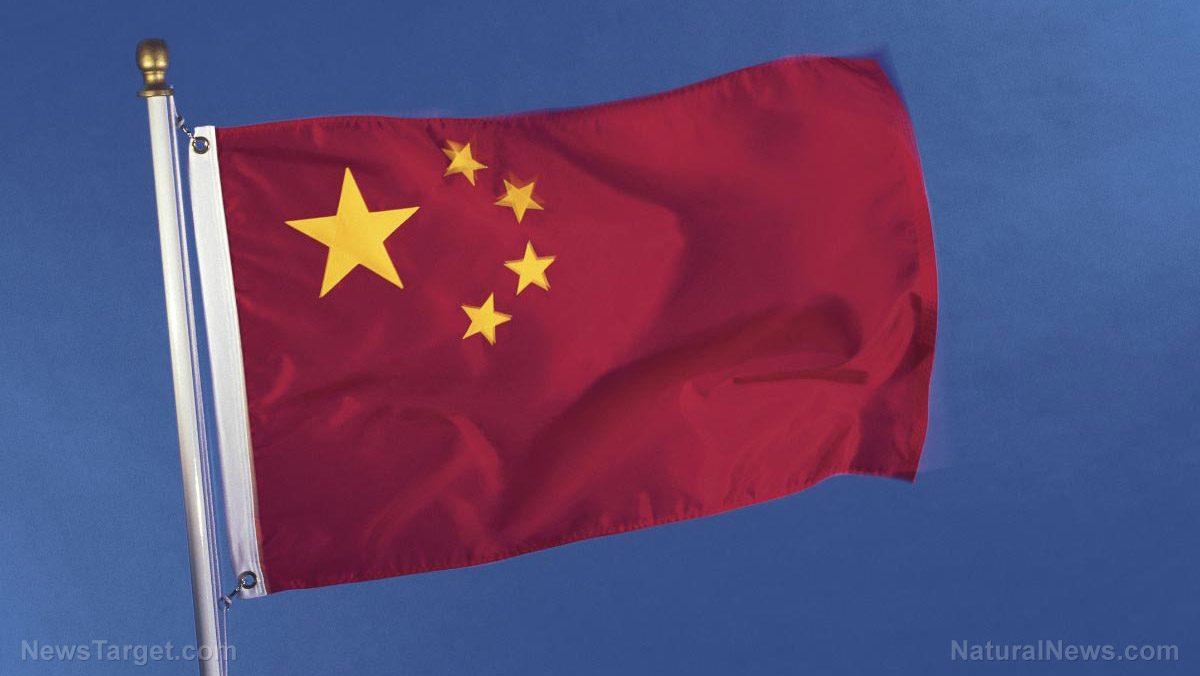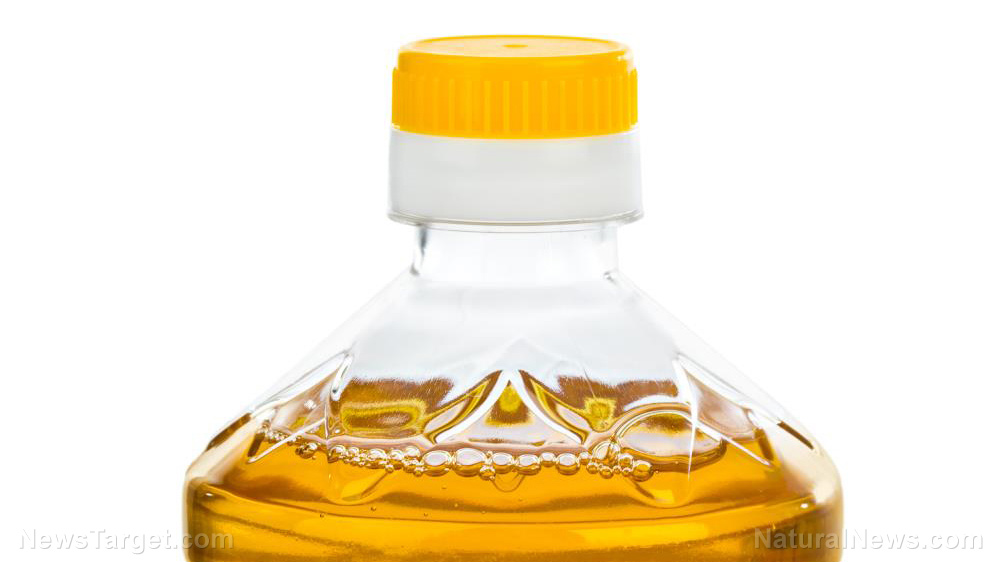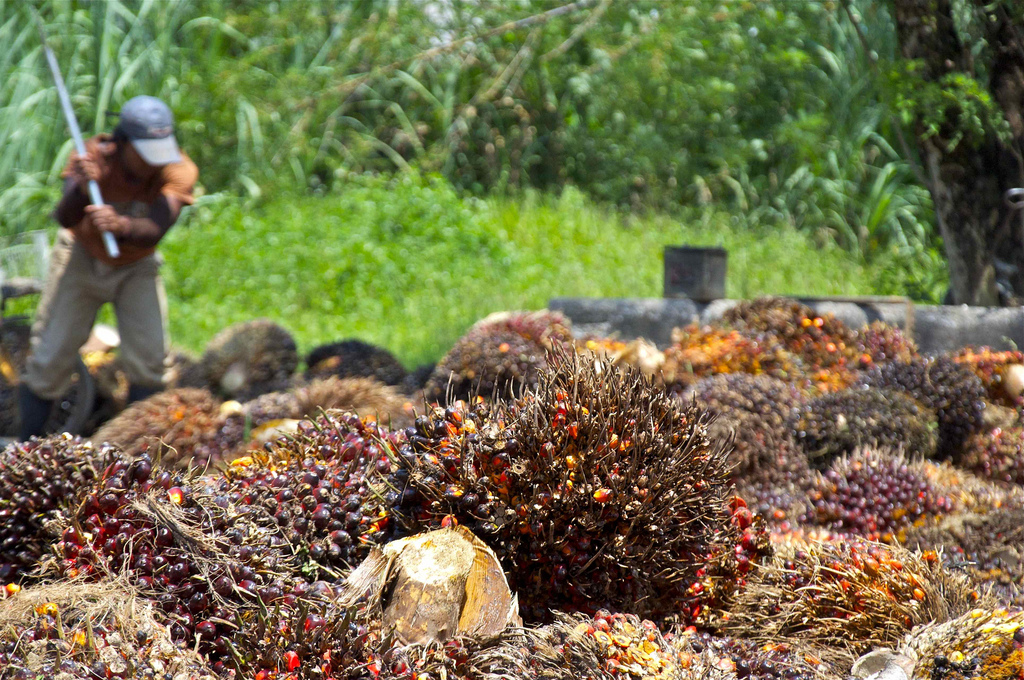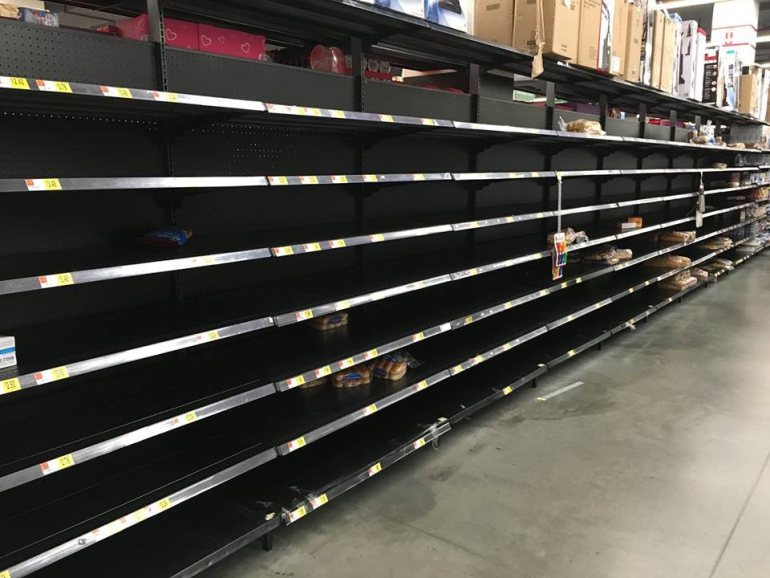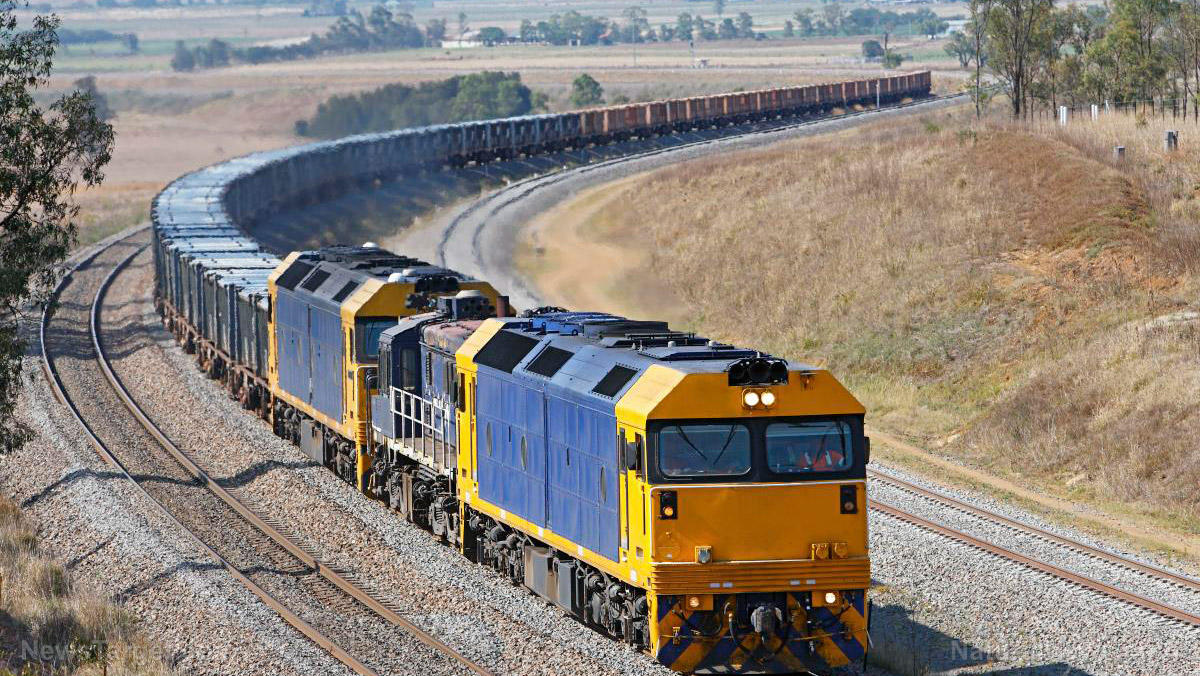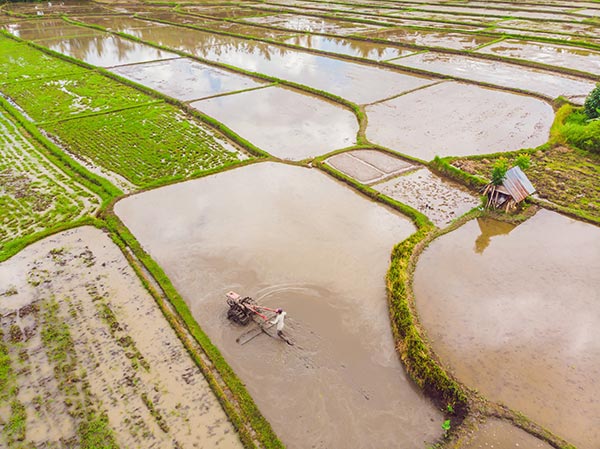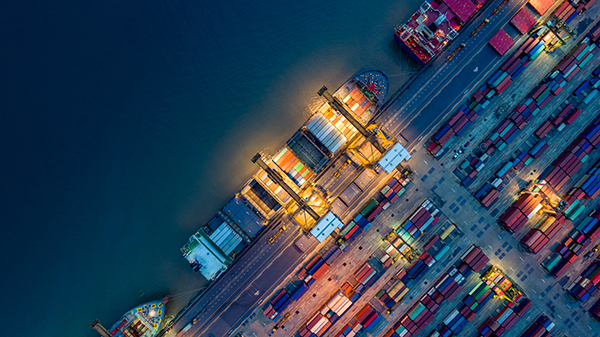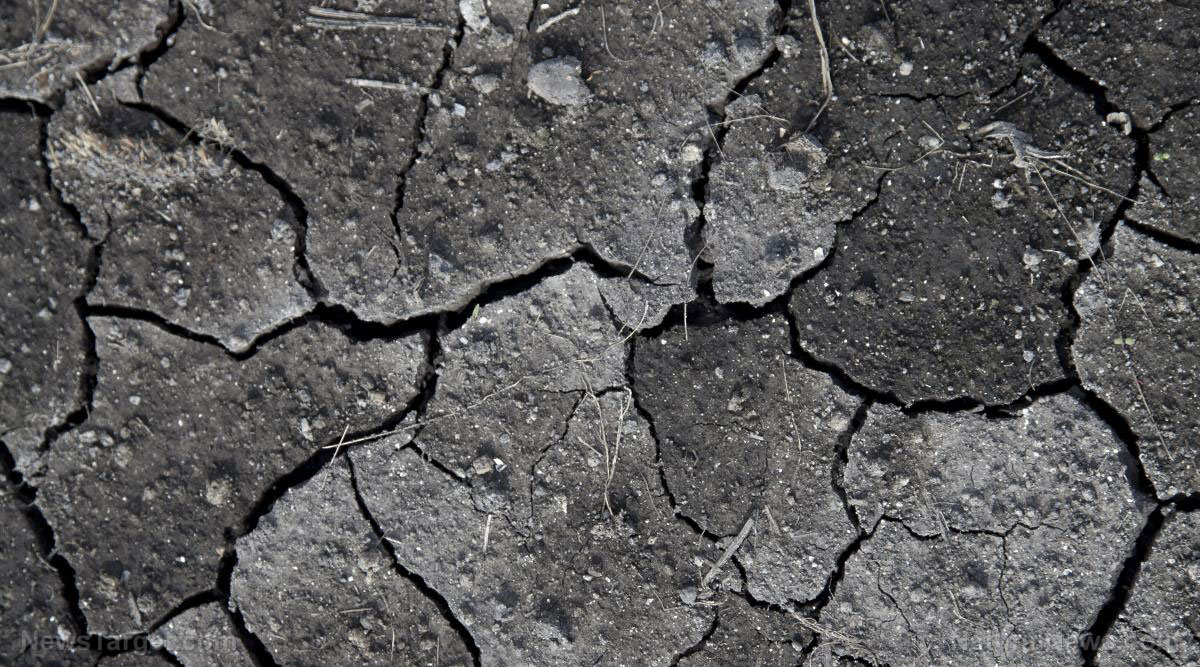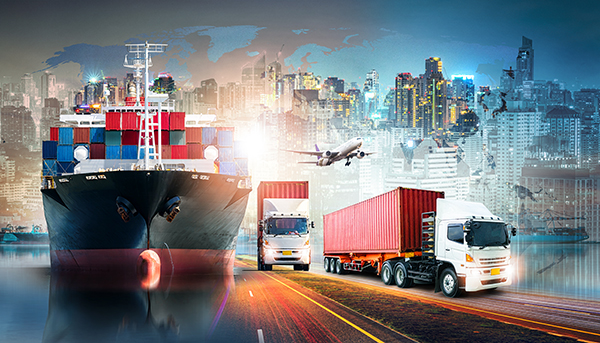Chronic product shortages to get worse due to all the wars, pandemics and natural disasters now taking place
04/29/2022 / By Kevin Hughes

The worldwide response to the Wuhan coronavirus (COVID-19) in the past two years has created the biggest supply chain crisis in modern history and it could get worse with unfortunate events like the war between Russia and Ukraine and the bird flu pandemic.
More worldwide troubles are approaching with wars, epidemics and natural disasters still happening.
The United Nations has even acknowledged that the world is running into the worst food crisis since World War II. There are some empty shelves already with lower than usual stock levels from major retailers.
Various product brands are experiencing chronic shortages for an extended period of time now and this includes supplies of canned pet food, which have been very tight for months now. So you should never be surprised to see empty shelves the next time you go to a pet store. The canned pet food shortage is not probably going to be resolved anytime soon.
There is also a continuing shortage of aluminum, as well as a shortage of factory workers. There are also not enough cheap sources of chicken and turkey because of the bird flu pandemic.
The growing chlorine shortage is also expected to affect most of America heading into the summer months. The shortage apparently happened when a manufacturing facility in Louisiana was demolished by Hurricane Laura in late 2020.
The manufacturing plant, which is being rebuilt and presently under construction, is expected to reopen by mid- to late-2022, but it may be delayed because of the continuing construction material shortages. The nationwide construction material shortage, on the other hand, is expected to become harsh in 2023 and beyond.
Over in Europe, an extensive rationing of certain products has already started. The Ukraine-Russia War has reduced the sunflower oil supply considerably, forcing the biggest supermarket in the United Kingdom to start rationing.
Tesco, which has more than 4,000 retail stores, has now placed a buying limit of three bottles per customer, according to a report from the Guardian. This decision followed that of Waitrose and Morrisons, the other supermarket chains that limited purchases for the same product to just two per customer.
Russia-Ukraine war to worsen all world problems
This specific shortage is directly linked to the Ukraine-Russia war, which is expected to worsen the whole set of continuing problems the world is already facing.
The familiar refrain about COVID-19 was that it accelerated trends and changes already going on around the world. And the same can be said of the ongoing war that has now hastened inflation, supply chain problems and shortages of energy, food, raw materials and labor.
There appears to be zero chance that this war will end soon.
Russia and Ukraine account for almost 30 percent of all global wheat exports, and the world is already facing an unusual global food crisis even before the war began. (Related: Global food shortages about to become much worse as Ukraine halts all exports of commodities.)
United States Senator Roger Marshall openly acknowledged that a “worldwide famine” is clearly going to happen with the continuing conflict between Russia and Ukraine. It goes without saying that the worsening condition is not a positive thing for the approval ratings of President Joe Biden.
During Biden’s fifth quarter in office, which began on January 20 and ended on April 19, an average of 41.3 percent of Americans adults approved of the job he was doing as president. The most recent average is basically unchanged from the 41.7 percent in his fourth quarter but considerably lower than his first three quarterly averages.
The Biden administration can’t stop the horrible conditions which are quickly approaching. As Marshall acknowledged, there will be a worldwide famine and there is no one who can avoid it now.
The world is going through challenging times and they are going to become even more challenging as the months roll on.
Watch the video below to know more about food shortages.
This video is from the Son of the Republic channel on Brighteon.com.
More related stories:
Supply shortages aren’t unintentional – they’re actually planned.
Supply chain disruptions lead to shortages and soaring prices.
Sources include:
Submit a correction >>
Tagged Under:
chaos, chronic shortages, collapse, covid-19, famine, food collapse, food supply, global food crisis, grocery, panic, products, rationing, Russia, scarcity, supply chain crisis, Ukraine, World War III
This article may contain statements that reflect the opinion of the author
RECENT NEWS & ARTICLES
COPYRIGHT © 2022 Scarcity.news
All content posted on this site is protected under Free Speech. Scarcity.news is not responsible for content written by contributing authors. The information on this site is provided for educational and entertainment purposes only. It is not intended as a substitute for professional advice of any kind. Scarcity.news assumes no responsibility for the use or misuse of this material. All trademarks, registered trademarks and service marks mentioned on this site are the property of their respective owners.

